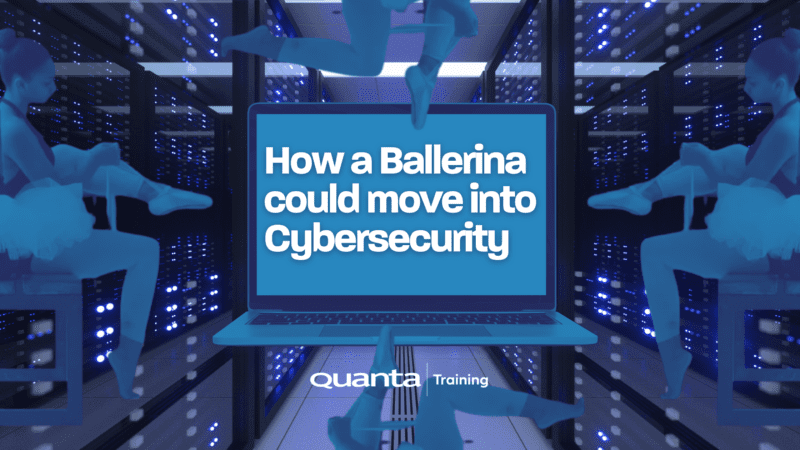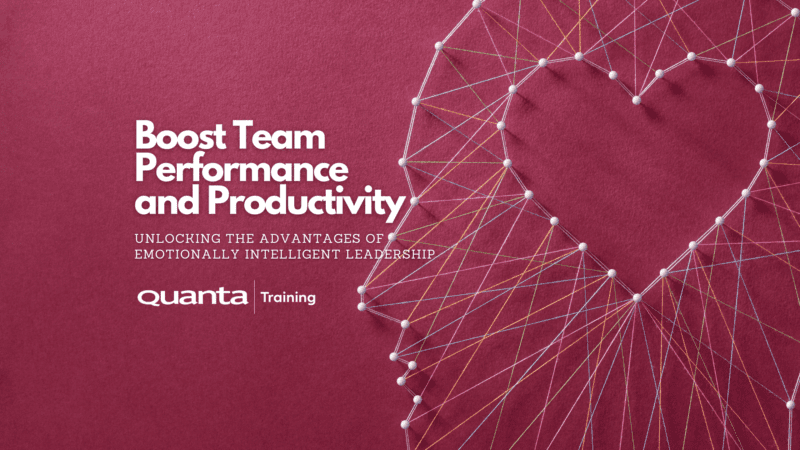Linux is everywhere, and it's difficult. Make sure you know it.
Linux is almost the only operating system used on both small devices (IoT), and very large computers. Interested in Cyber Security? The only tools professionals ever use for Penetration Testing all run on Linux (Kali, Parrot). Every year, Microsoft incorporates more Linux into their offerings. Windows 10 can natively run many Linux apps (via Windows Subsystem for Linux). .NET applications are now expected to also work on Linux machines (via Docker containers). So even if you're a Microsoft kind of guy (Admin or Dev), you'll need solid Linux skills. Linux is predominantly command-line driven, with awkward and often obscure commands. Consequently, it's super easy to make mistakes. This course will teach you what you need to know to avoid mistakes and learn to love Linux. Our Linux courses are always delivered on a fully up-to-date version of Linux (usually CentOS), but also always cover the differences between the major Linux distros (Red Hat Enterprise RHEL, Fedora, Debian, Ubuntu, Kali, Mint, SUSE etc.)Book a Private Event
If you require the content of this event tailored or have around 7 or more people to train it maybe better for you to host a Private Event, please get in touch to discuss this.
Get in touchDescription
Who is this course for
The course is suitable for those who are exposed to Unix/Linux systems in the workplace and will need to manipulate those systems in some way - anyone from casual desk workers, systems operations, support staff including those intended to support services (databases or networking services) that reside on a Unix/Linux platform.
Purpose of the course
The course takes the novice user through their tentative first steps in the Unix/Linux command line, demystifying the inner workings and explaining why Unix/Linux does things in a certain manner. After only two days, delegates will have a good grasp of all Unix/Linux fundamentals.
You will learn how to
Become more familiar with the Unix/Linux environmentUnderstand the concepts behind the Unix philosophy
Grow in confidence with making Unix/Linux productive
Understand the hidden capabilities of Unix/Linux
Prerequisites
Delegates need no UNIX knowledge, but a general familiarity with computers would be useful.Benefits for you as an individual
Unix/Linux-based operating systems are incredibly powerful and capable of a great number of things, many of which are hidden to the novice user. Once you are exposed to its inner workings, you will tame this ferocious beast and make it work for you - and not be bitten by it any more.
Benefits for your organisation
Unix/Linux can be daunting and non-intuitive to the beginner, accounting for many hours of lost productivity due to frustration at trying to achieve even the simplest task during a support situation. By growing confidence and familiarity with this powerful operating system, employees can quickly produce results quicker and easier, translating cryptic command-level text into business-focused value.
UNIX Overview
- What is UNIX/Linux?
- Why Use UNIX/Linux?
- Uses of UNIX/Linux
- Flavours of UNIX/Linux
- UNIX Features
- Components of UNIX
Accessing UNIX/Linux
- Logging In and Out
- Entering Commands
- Special Key Sequences
- On-line Documentation
- Remote Sessions
The Filesystem
- Files and Directories
- UNIX Directory Layout
- Showing Directory Contents
- Absolute and Relative Pathnames
- Moving Around Directories
- Creating and Deleting Directories
- Metacharacters
System Security
- Changing Passwords
- Users and Groups
- Object Permissions
- Fine-Grained Security
Manipulating Files
- Displaying File Contents
- Copying Files
- Renaming Files
- Deleting Files
- Comparing Files
- Inodes
- Links
The vi Text Editor
- The Visual Editor
- Editor Modes
- Command Mode
- Last Line Mode (ex)
- Tailoring vi and vim
- Graphical Alternatives
Processes
- Understanding Process
- Background Processes
- Examining Processes
- Controlling Processes
UNIX Communications
- Who is Logged On?
- Communicating to Other Users
- Other Methods of Communication
Shell Features
- Environment Variables
- Dealing with Metacharacters
- Customising The Shell
Redirects, Pipes and Filters
- Standard Input and Output
- Joining Commands
- Filters
Searching
- How to Search
- Searching for Files
- Searching Within Files
- Renaming Multiple Files
Printing
- System V Printing
- Berkeley Printer Commands
- CUPS Printer Commands
Miscellaneous Features
- Display Commands
- Date and Time Commands
- Handy Utilities
- Using PuTTY
Get Started
Forget trawling through endless course catalogues – Find the training that’s right for you
Learn MoreLatest from our blog
Kanban and Agile: Bridging the Gap
Kanban and Agile: Bridging the Gap Quanta’s Kanban University Certified Trainer Steve Church explores the way in which Agile and…
Read More
How a Ballerina could move into Cybersecurity
Jason Ford, Quanta Cybersecurity and IT Trainer talks about the limitations in Cybersecurity Training courses. Jason discusses a safe and…
Read More
Boost Team Performance and Productivity: Unlocking the Advantages of Emotionally Intelligent Leadership
Quanta People Development and Leadership Trainer, Giles Collins outlines the key elements of Emotionally Intelligent Leadership and how it impacts…
Read More





